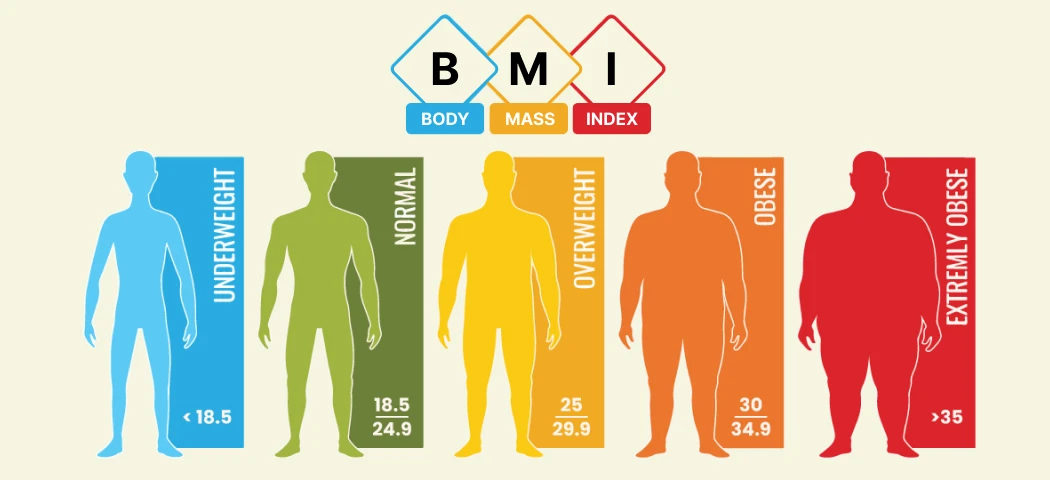Body Mass Index, or BMI, is a simple way to estimate how much body fat a person has based on their height and weight. While it gives a general idea of whether someone’s weight is in a healthy range, it is not a perfect tool. It should be seen as a rough guide rather than a final answer for how healthy your weight is.
This free bmi calculator is made specifically for adults—both men and women—who are over the age of 18. It is not suitable for children, teenagers, or certain other groups such as pregnant women, athletes, or the elderly with special health conditions. The Better Health Channel offers a separate BMI calculator for children and teens.
What Is a Healthy BMI?
For most adults, a BMI between 20 and 25 is considered healthy. This range is linked to the lowest risk of developing health problems such as heart disease, diabetes, and high blood pressure.
For older adults, particularly Australians aged over 74, having a slightly higher BMI may still be considered acceptable and not necessarily harmful to their health. Some researchers suggest BMI between 22 and 26 is reasonable for seniors. This is because being mildly overweight in older age may not carry the same health risks as it does for younger people. In some cases, it might even protect against illness or injury.
Understanding Your BMI Result
Once you’ve calculated your BMI using your weight and height, you can check which category you fall into:
- If your BMI is under 18.5, you are considered very underweight. This could mean you are not getting enough nutrients and may be malnourished.
- A BMI between 18.5 and 24.9 means your weight is within a healthy range for most young and middle-aged adults.
- A BMI between 25.0 and 29.9 indicates that you are in the overweight category. This may increase your risk of health problems, especially if you have other risk factors.
- A BMI of 30 or higher means you fall into the obese category, which brings a higher chance of developing serious health conditions.
Limitations of BMI
It’s important to understand that BMI doesn’t measure body fat directly. It also does not consider where fat is stored or how much muscle you have. For example, athletes or very fit people might have a high BMI because of muscle mass, not body fat. So, BMI doesn’t work equally well for everyone and may not reflect true health.
BMI also doesn’t include other health indicators such as blood pressure, cholesterol levels, or family medical history. That’s why it should be used along with other assessments to get a full picture of your health. For the most accurate advice about your weight and well-being, it’s always best to speak with a healthcare provider.




